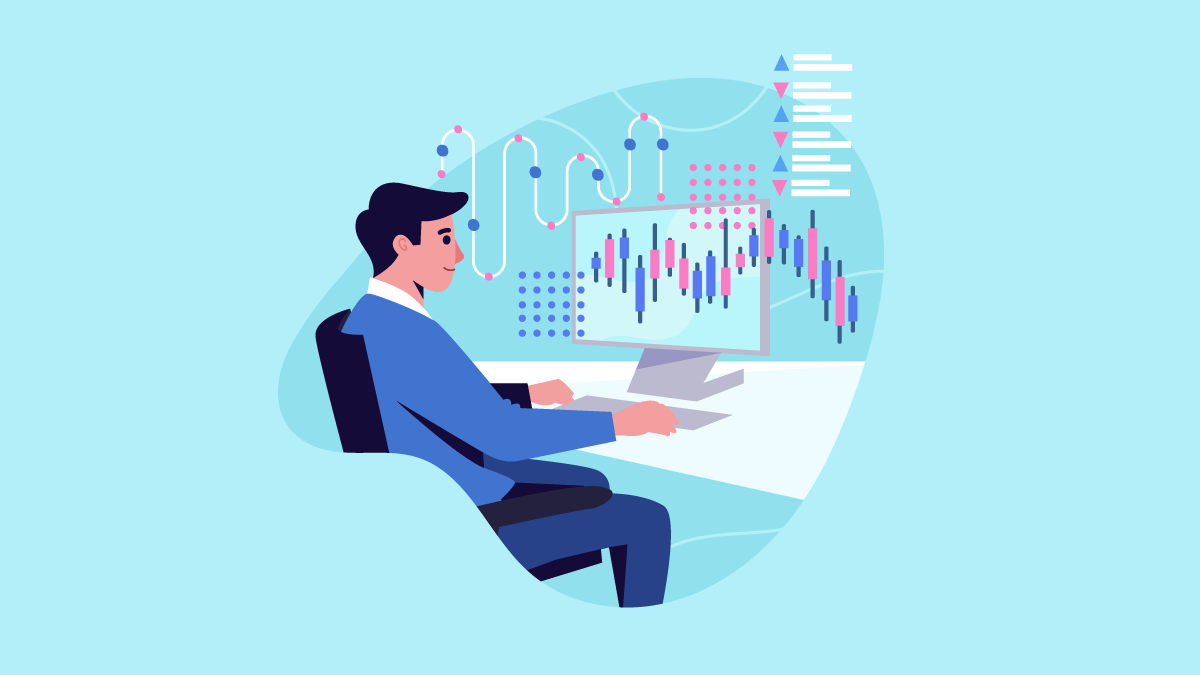
One of the worlds that have been the most profoundly transformed by technology is trading. We now have virtually empty trading floors in stock exchanges around the world, and most of the work is handled by computers. Then you have the OTC market, which is expanding from students trading some of their disposable income through simple trading apps and everyday people trying their hand at REITs and other financial instruments that were largely non-accessible not too long ago. Still, that doesn’t mean that anyone can just get an account and start trading. There are a few things you will need to have and know first. Here are a few things you need to start trading.
A Solid Foundation
The very first thing you’ll need before trading is to have a solid foundation you can build on. You will need to learn the different terms, types of investment, and the difference between investing and trading. You’ll also have to learn how to read charts, financial statements, value companies, and how to use technical tools to analyze and predict stock behavior.
Learning how to be an active investor takes time, especially if you’re going to be working with securities like options. This is why you have to invest in your education, start with paper trading and try as many systems as you can, and do a lot of mirroring before you dive in headfirst.
Some Working Capital
This one is a given, but you might actually be surprised at how much you may actually need for some forms of trading. For instance, did you know that you needed to have an account with at least $25,000 to be a day trader in the US? That’s right – if your intention was to make more than four trades per five days of activity, which would make more than 6% of your total activity, you might need a lot more than with other methods and instruments.
For instance, some Forex brokers will allow you to start trading with as little as $100 in your account. Some will even go as low as $50. Options are another instrument you can start trading with a relatively low balance. Both methods allow you to use leverage, though it’s important that you get familiar with it before you start using a ridiculous amount of leverage.
A Trading Platform and Broker
The trading platform and broker you choose will make a major difference in how easy the platform will be to use, the learning curve, and how much support you’ll get as a new trader with a smaller account, etc. Some platforms are more geared towards everyday people and newcomers, and these are the ones you should be looking for.
You want a broker that will give you access to a lot of material and tools. You should check if they have a reliable news feed, for instance. You also want a broker that has reasonable fees, is honest and reliable. You want them to be able to handle trades immediately, and you also want to ‘trade from chart’, meaning you can easily and adjust, place or cancel orders right from the chart.
You should also know that some brokers and platforms might be more suited for a day trader than actual investors. So, we suggest you try as many platforms as you can and take advantage of demos.
Trading now has a lower barrier to entry than ever, but it hasn’t gone easier. Whatever you do, make sure that you build your trading career on solid grounds and learn how to walk before you run.




